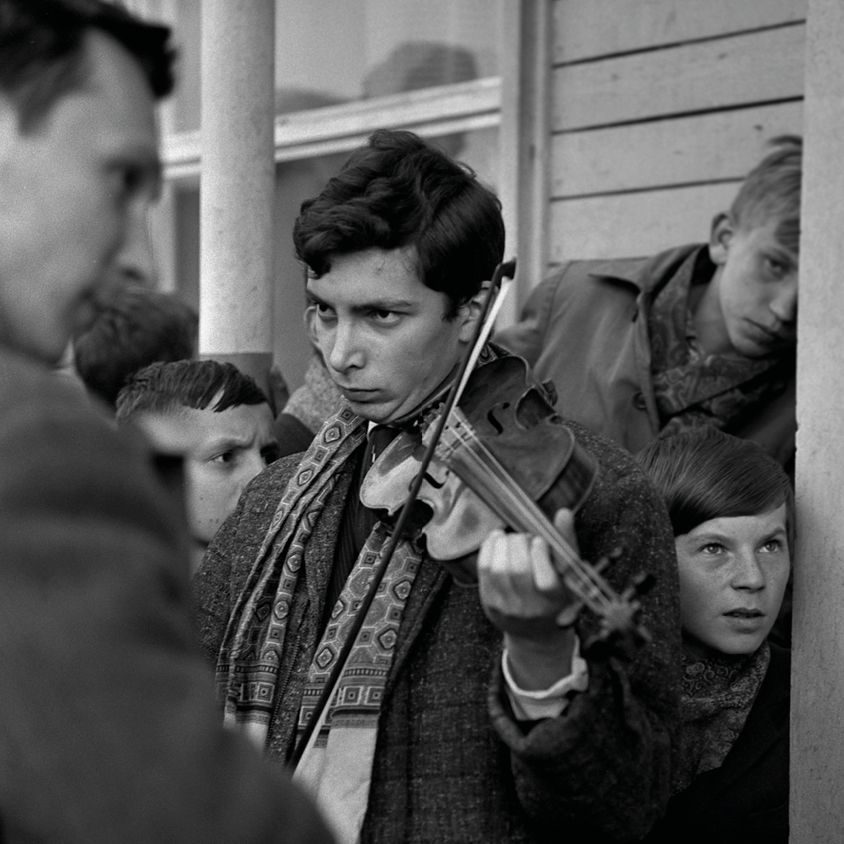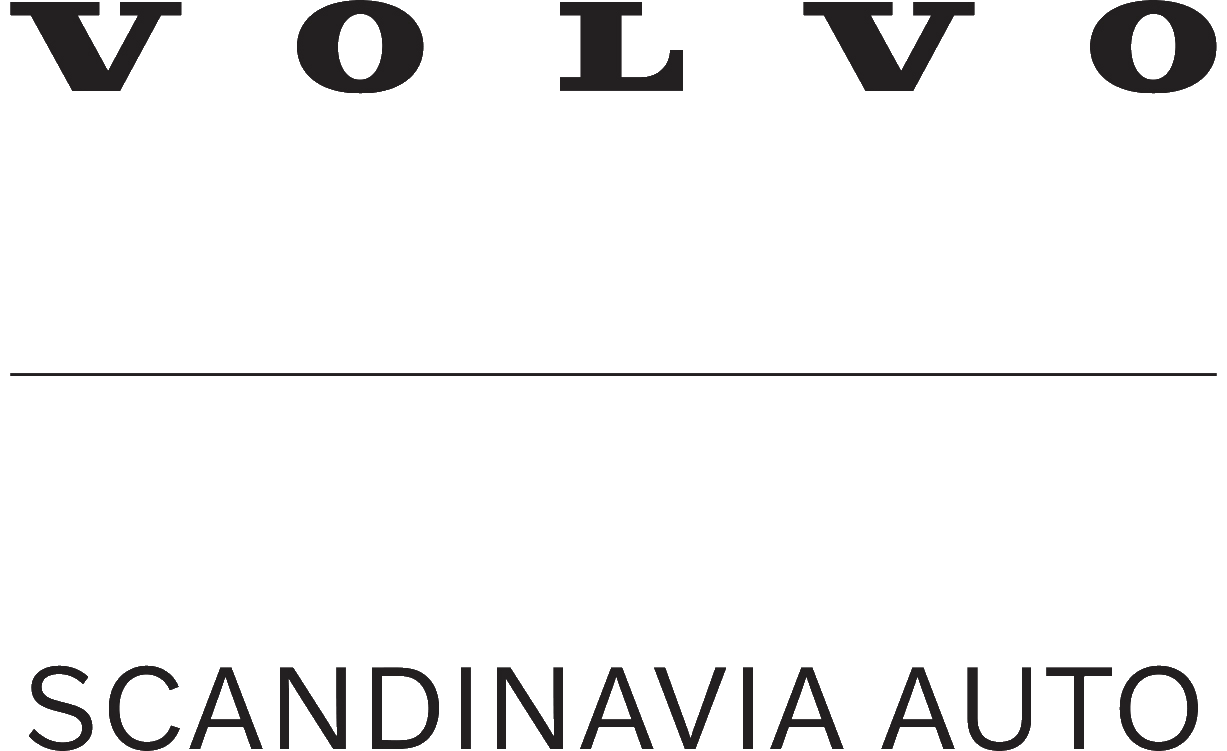Uważany za arcymistrza fotografii ulicznej i polskiego Cartier-Bressona, Dziworski stworzył czuły i subiektywny dokument wokół polskiego społeczeństwa w latach 60., 70., 80 i 90. Zapisał go w formie czarno-białych zdjęć, które będzie można podziwiać na ekspozycji, to fragment ponad czterdziestoletniego dorobku twórczego fotografa.
Fotografie Bogdana Dziworskiego należą do kanonu polskiej fotografii powojennej. To czarno-białe ujęcia, klasyczne w formie i treści wyrazu. Przedstawiają chwile z życia zwykłych ludzi: młodych i starych, ładnych i brzydkich, w pracy czy podczas zabawy.
Jego zdjęcia przypominają niejednokrotnie kadry z monochromatycznych filmów Polskiej Szkoły Filmowej: Wajdy, Morgensterna czy Hasa. Nawyki, spojrzenie wyniesione z pracy, z ruchomym obrazem czynią go doskonałym obserwatorem życia i rejestratorem ludzkich zachowań. Fotograf z doskonałą lekkością kadruje rzeczywistość, a przedstawione na zdjęciach sytuacje posiadają trudną do uchwycenia aurę, o której pisał Walter Benjamin w „Małej historii fotografii”.
W efekcie każde zdjęcie to mini opowieść, która stanowi poetycką lub zabawną anegdotę. Twórczość Bogdana Dziworskiego to nie tylko fotografia uliczna i reportaż z drugiej połowy XX wieku. To również realizowany konsekwentnie, przez dekady, projekt cechujący się ogromnym ładunkiem emocjonalnym. Zdjęcia Dziworskiego mają również znaczenie historyczne i poznawcze.
Wiele kadrów z jego fotograficznego zapisu, tworzonego trochę jakby, przy okazji, przez lata nie ujrzało światła dziennego. Pierwszy album pod tytułem „My View” ukazał się w 1981 roku, w Wiedniu. Kolejny powstał dopiero w latach 90.,. Wówczas zorganizowano również kameralne wystawy: w Warszawie, Krakowie, Wrocławiu i Częstochowie.
Wystawa będzie obszerną, przekrojową retrospektywą, prezentującą całokształt wieloletniej twórczości fotograficznej Bogdana Dziworskiego. Podczas wystawy pokazanych zostanie wiele niepublikowanych dotąd prac, specjalnie wyselekcjonowanych spośród rozległego archiwum fotografa.
Urodzony w Łodzi w 1941 roku, wybitny fotograf, operator, reżyser i scenarzysta filmowy – profesor Bogdan Dziworski w 1965 roku ukończył łódzki Wydział Operatorski PWSTiF. W 1994 roku otrzymał tytuł doktora, a w 2002 profesora zwyczajnego. W 2014 roku odznaczony złotym medalem „Zasłużony Kulturze – Gloria Artis”. Współpracował z Polską Kroniką Filmową, łódzką Wytwórnią Filmów Oświatowych oraz Przedsiębiorstwem Realizacji Filmów „Zespoły Filmowe”. Jest autorem wielu znakomitych filmów dokumentalnych, głównie krótko- i średniometrażowych.
Galeria Wystaw Czasowych +1
03 SIE – 01 WRZ 2024 r.
WT – ND, godz.: 11:00 – 18:00
Wystawa niedostępna w poniedziałki
Wernisaż: 02 SIE 2024 r., godz. 16:00 | Wstęp wolny
Bilety: 8 zł/5zł | Kasa CSK oraz bilety.csklublin.pl
Niedziela – wystawa bezpłatna
ENG
Bogdan Dziworski’s photography exhibition entitled “f /5.6” will be displayed at the Center for the Meeting of Cultures in Lublin. The retrospective will show an outstanding filmmaker in a role of photographer for whom camera work has become a long-lasting passion. Bogdan Dziworski is considered the master of street photography and he is often called “polish Cartier-Bresson”. Polish society of the 60s, 70s, 80s and 90s has become a main theme of Dziworski’s tender and subjective documentaries. To save it he used black and white analogue photography – during the show we will display a beautiful selection of gelatin silver prints. Exhibition in CSK will expose over 40 years period of photographer’s work.
Bogdan Dziworski’s images belong in the canon of Polish postwar photography. The black and white shots embody the classic approach to analogue shooting and tell divers stories. Images present daily live of ordinary people: young and old, pretty and ugly, sometimes while working and other times while enjoying their leisure activities.
Being a cinematographer and filmmaker, Bogdan Dziworski often misguides a viewer, leading him to impression that his shots are in fact movie frames that bring us back to the aesthetics and point of view of Polish Film School including works of Andrzej Wajda, Wojciech Jerzy Has or Janusz Morgenstern that represented modern tendencies in Polish cinema of a second half of the 20th century. Habits and a point of view taken from his profession make Dziworski a perfect observer of life and a sensitive reader of divers human behaviours. He captures reality with photography with ease and effortlessness. His images grasp Walter Banjamin’s phenopmenon of the aura presented in the philosopher’s publication “A Short History of Photography”. As a result, each picture tells a miniature story – an anecdote that’s either poetic, or amusing.
The work of Bogdan Dziworski is not only a street photography, a simple reportage from the second half of the 20th century. It is a consistently continued project with a huge emotional charge that the artist follows for decades. Dziworski’s photographs also have a strong historical and cognitive potential.
Many of the images from the long lasting visual project have not seen a light of day for many years. Photographer’s first publication “My View”, was released in Vienna in 1981. The next book containing Dziworski’s work was created only in the 90s. During that time, his work was also being displayed on intimate exhibitions in various polish cities: Warsaw, Cracow, Wroclaw, Czestochowa..
The “f / 5.6” exhibition in CSK will be an extensive retrospective presenting the whole of Bogdan Dziworski’s work. Many unpublished works will be exposed, hand-picked specially or the “f / 5.6” project, from the photographer’s vast archive.
The album entitled “f / 5.6” enriches Bogdan Dziworski retrospective. The publication includes about 150 black and white photographs, film portraits and essays as well as reprints of letters written to Dziworski by a famous Polish director Andrzej Wajda.
Born in Łódź in 1941, the outstanding photographer, operator, director and screenwriter, professor Bogdan Dziworski graduated from the Łódź Operational Department of PWSTiF in 1965. In 1994 he was awarded with a PhD, and received professor degree in 2002. In 2014, he was decorated with the Gold Medal of Merit of Culture – Gloria Artis. He cooperated with the Polish Film Chronicle – a 10-minute-long newsreel shown in Polish cinemas prior to the main film, National Film School in Łódź and the Polish Film Company Zespoły Filmowe”. He is an author of many excellent documentaries, mainly short films and featurettes.
For the occasion of the exhibition there is also an accompanying program planned: two meetings with Bogdan Dziworski, led by the curator Rafal Łochowski, and photographer and theorist Wojtek Wieteska. Moreover, along the course of the exhibition “f/5.6” some of Dziworski’s documentaries will be screened.
 Collapse
Collapse


